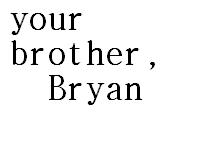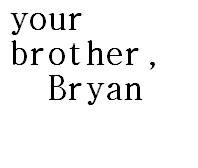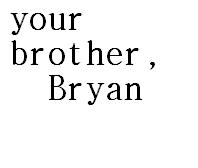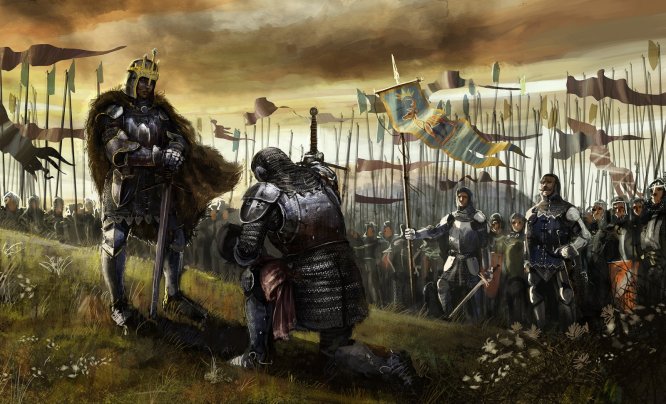
A Prayer for Mercy in Troubled Times
For the director of music. With stringed instruments. Upon the sheminith. A psalm of David.
1 Lord, don’t correct me when you are angry;
don’t punish me when you are very angry.
2 Lord, have mercy on me because I am weak.
Heal me, Lord, because my bones ache.
3 I am very upset.
Lord, how long will it be?
4 Lord, return and save me;
save me because of your kindness.
5 Dead people don’t remember you;
those in the grave don’t praise you.
6 I am tired of crying to you.
Every night my bed is wet with tears;
my bed is soaked from my crying.
7 My eyes are weak from so much crying;
they are weak from crying about my enemies.
8 Get away from me, all you who do evil,
because the Lord has heard my crying.
9 The Lord has heard my cry for help;
the Lord will answer my prayer.
10 All my enemies will be ashamed and troubled.
They will turn and suddenly leave in shame.

This is the first seven “penitential” psalms written by David. Residing within each psalm the themes of regret, and contriteness, brokenness and self reproach. However, you could say these emotions are the engines that push David’s faith, especially at this particular moment.
Many of us understand these, at least to some degree. These psalms are especially prized by those of us in ‘liturgical services’, with some of these seven read aloud every Sunday. The first few verses of this work contain words like “correction” and “anger.” (The NCV also uses the word “punish.”)
In Hebrews 12, we see that God definitely intervenes into the lives of His own. He corrects, working to adjust us according to His will. The basis of this is relationship between a Father, and a son or daughter. There is harsh correction at times, as we learn how to behave. If He loves you, and you are His son, you will be corrected. Love and discipline are working together, side by side.
Commentary
V. 1, Correction and punishment have become very significant issues to David. They begin to engage him and he is aware that things can get quite turbulent. Anger on any level can warrant our attention. But when God gets angry, it can be lethal.
V. 2, 3 mercy is a very precious commodity at this moment. And it is all that he wants. Mercy is never deserved, it can’t be earned, it just is given. It is clemency and generosity blended together. David knows this about God, and he “plays the mercy card.” David knows God, he just doesn’t always obey Him.
“How long will it be?” shows a desire to get things on track, and soon. Waiting for God to decide can be traumatic. Separation from Him is profoundly painful.
“The golden rule for understanding in spiritual matters is not intellect, but obedience.”
Oswald Chambers
V. 4, 5 these verses fit together like puzzle pieces. David, when faced with his own depraved actions, turns and calls out for deliverance from the consequences. The key word in v. 4 is “kindness.” And this is exactly what he is aiming for.
The obvious meaning is that death and the grave end all possibility of change. The word is “Sheol.” A Hebrew word describing the grave, where the unsaved are placed when they die. Once there, you are “locked in” with no possibility of changing. Ultimately, it is the complete divorce from God’s presence and that without remedy.
V. 6, 7 Crying. Crying. Crying, Crying. It appears that remorse and grief are now the whole of David’s theology. And David is fatigued by it. Grief is exhausting. It is so intense and consuming, it wears you out. Jesus in the NT had much to say about grieving our sin. About brokenness, and mourning. He made it the starting point of a real Christian life.
“God whispers to us in our pleasures, speaks in our conscience, but shouts in our pains: it is His megaphone to rouse a deaf world.”
C.S. Lewis
V.8 is a needful stop in a believer’s life. We must pull into this place. It is here that separation takes place. I leave the world by deliberate choice. I have no intentions of following sinners in their rebellion. “I see dead people” was a line from the movie, “The Sixth Sense. Sadly, it works well here.
V. 9, 10 we see the use in verse 9, of the past tense. And I must say that this is a relief. Mercy has been shown, but only when it is appealed to. There is a deep confidence that is quite opposite of some earlier verses.
David shines a spotlight on the strategies of evil people who have afflicted him. He enjoys the idea of evil being stripped and defeated. Today, I think it is completely appropriate to include your spiritual enemies in this equation, and throughout the psalms when this is mentioned.
*
ybic, Bryan


























